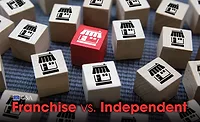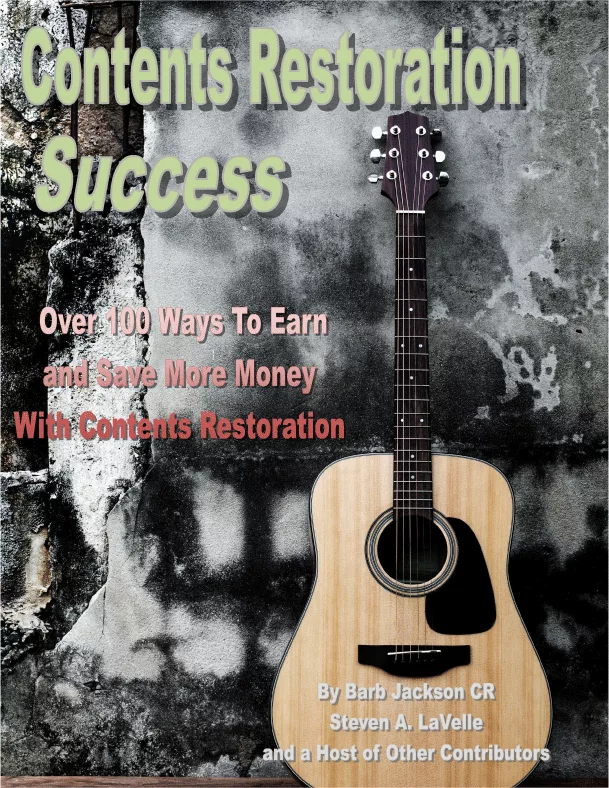Finding Your Fit: The Independent vs. Franchise Debate

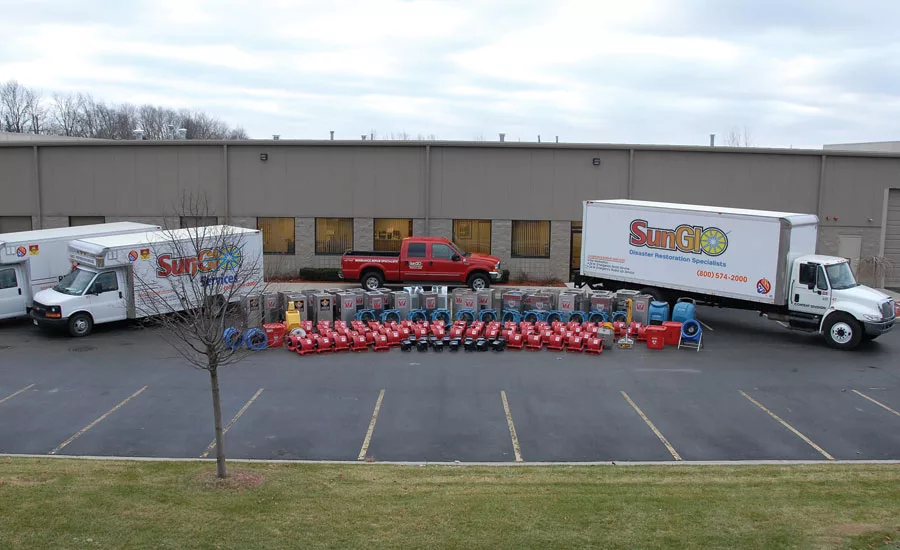
Photo courtesy of SunGlo.
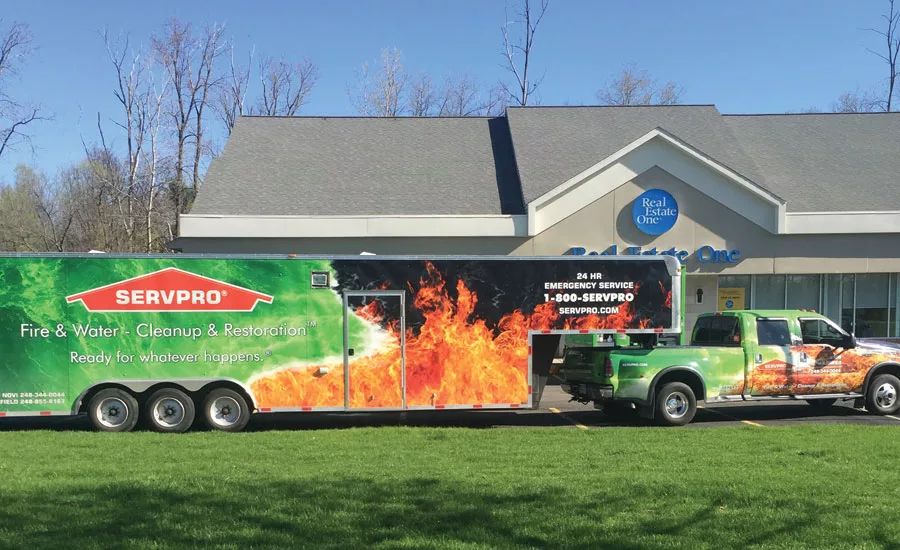
Photo courtesy of Servpro.
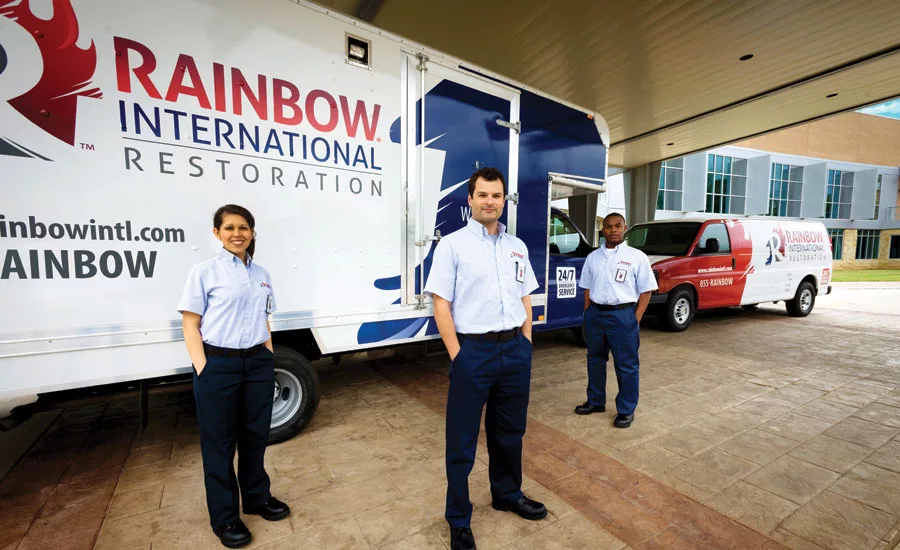
Photo courtesy of Rainbow International.
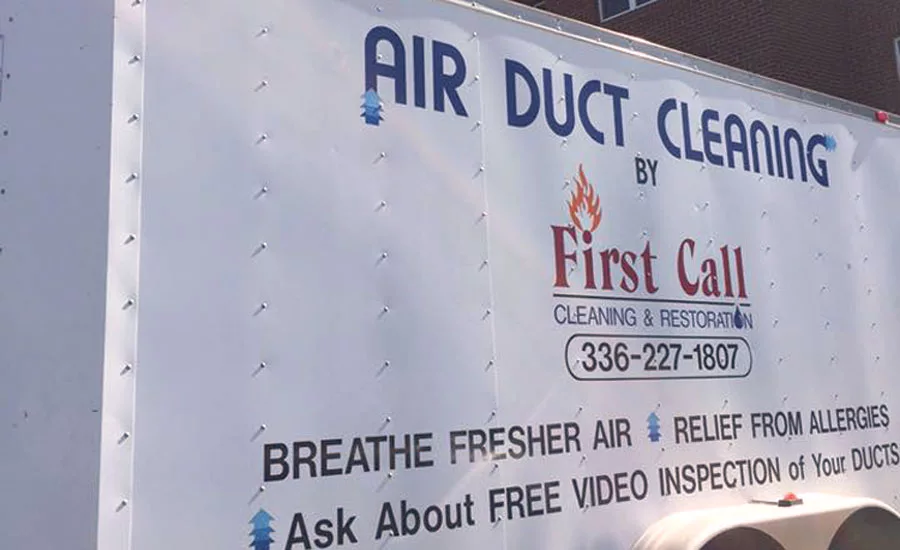
Photo courtesy of First Call.
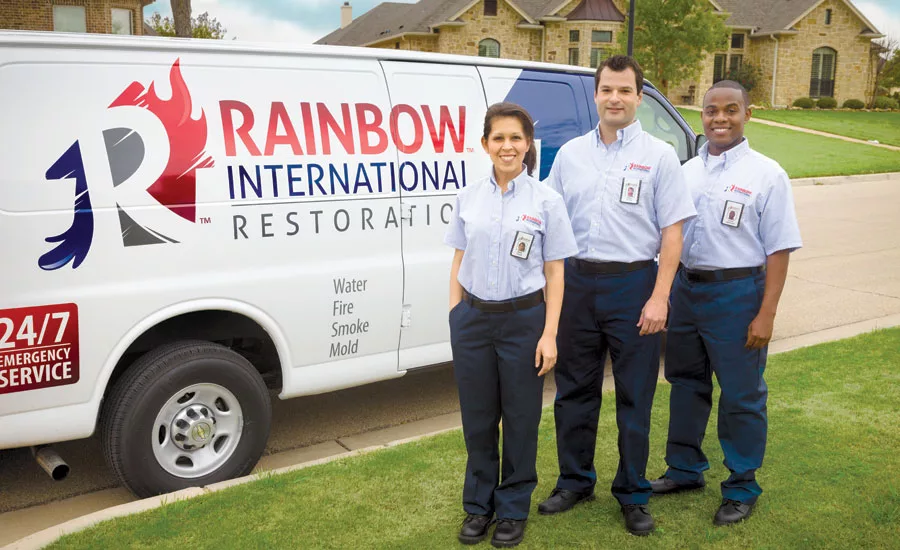
Photo courtesy of Rainbow International.
In some debates, there truly is a right or wrong answer. However, in this time-tested restoration industry discussion, there is no right or wrong – just what is right for you and your business.
The argument traditionally goes that when you own a franchise, you lack a certain amount of freedom, and your reputation could be tarnished by another franchise that, in reality, has nothing to do with you. However, on the flip side of that, you automatically are under the umbrella of a company with a well-established name and presence. Plus, you get some marketing help from corporate, and possible other day-to-day help like a call center, billing, etc., and referral business thanks to partnerships created by the franchise itself.
On the independent side, contractors love having the ability to be who they want to be, and not be restricted by the franchise system and territories. In the marketing realm, they have the ability to portray themselves however they feel best – however, they have to do it themselves, and working to establish your company in a market saturated with well-known franchises can be an uphill battle.
That, of course, is just the tip of the iceberg on this debate. To take this topic a little deeper, some companies on both sides of the field weigh in.
The Franchises: Rainbow International & Servpro
Patrick Hyland: VP of Franchise Development for Rainbow International. Rainbow International was started in 1981, and today has more than 400 locations worldwide. It is a subsidiary of The Dwyer Group, which offers a number of different franchise opportunities outside the restoration industry.
Bill Hannon: Owner of Servpro franchises in Novi and Bloomfield, Mich. Originally a CPA by trade, Hannon learned about opportunities with Servpro through a friend who owned a franchise. He purchased his first franchise in 2007, and a second in 2013.
The Independents: SunGlo Services & First Call Cleaning & Restoration
Pat Norton & Gene Capatina: Owners of SunGlo Services in Novi, Mich. SunGlo was started in 1981 by Capatina, and Norton came onboard as a partner in 1983. Pat and Gene have been friends for nearly 40 years. To date, SunGlo has completed more than 40,000 projects in Southwest Michigan, and beyond.
Josh Moore: Owner of First Call Cleaning & Restoration in Burlington, NC. First Call was started by Moore’s father in 1989 with one van, a couple dehus, and a carpet cleaning machine. Moore joined the business when he was 19, as a carpet cleaner, and worked his way into the role of owner.
The Big Debate
1. What are some benefits you see to being part of a franchise network, or being an independent contractor?
The Independents
Moore: “In our industry, relationships are key to success, especially where competition is so thick. I feel that someone else branding you, controlling your services, controlling your marketing, and in some cases controlling your work area would eventually get frustrating.
“Our industry is booming and if you are willing to work hard, you can have all the work you can handle. So for me, it makes no sense to buy into a franchise. One thing I love about our industry is the ability to change, add, or improve a service and it could mean the difference in growing and really making a name for yourself, where in a franchise the glory may go to the brand.”
Norton: “As an independent, we have a broader opportunity to determine our future and establish and control our identity and reputation. It’s easy to pay a fee and get started in the industry if you join a franchise. However, sometimes they struggle with the franchise in the next town making a bad name for them among homeowners or insurance carriers.”
The Franchises
Hannon: “Servpro initially teaches you every aspect of the mitigation business in a very efficient, professional manner. This includes the actual production of the work, managing the business side of your franchise, and learning sales and marketing techniques to maintain and grow your business. Plus, Servpro continues to train you on an ongoing basis … and provides an unparalleled brand within the industry that drives business to your door in order to allow you to produce revenue almost immediately.
“Servpro also maintains and aggressively pursues service agreements with several carriers to create as many streams of revenue as possible for its franchises. Finally, no matter what issue you may be confronted with, there is always someone either within the system that has experienced what you are going through and is happy to assist you.”
Hyland: “We focus on bringing in high-caliber individuals from the industry who want a successful, profitable restoration business. We attract national insurance programs due to our franchise network’s high quality of work, proprietary software, and hands-on training facilities for franchisees, their technicians, and adjusters affiliated with our insurance partners. Being part of a franchise network means you have a business built around systems, not yourself; you have access to insurance work; and you are part of a peer network allowing you to learn from others.”
2. Let’s flip that last question around – talk about some disadvantages to your business model.
The Franchises
Hyland: “Franchise contractors do have to pay a franchise fee to access the proprietary systems and the brand.”
Hannon: “Not many. Some people, either philosophically or psychologically may have a problem reporting to another entity larger than themselves, not to mention paying royalties on the revenue they produce. I would suggest to those people though, and anyone interested in a franchise system, is that the benefits far outweigh the disadvantages, but of course I can only speak in regard to my experience with Servpro.”
The Independents
Capatina: “Franchises get business coming to them no matter what. It’s a different environment between an independent and a franchise. We do not get work from different carriers automatically; we have to do a good job at what we do get. Property owners call one number for a corporate franchise call center, find the franchise in that area, and that’s it. For a set fee, someone can start up a franchise, and get a little schooling. You get in the business for that set amount, and get claims immediately.”
Moore: “In a franchise, the business model is already set up (billing, collecting, etc.). The only disadvantages I see not being affiliated with a franchise these days are the vendor programs and possibly large-scale marketing. Sure, you can work with vendors in our industry, but they prefer the franchised companies for the ability to control the claims and pricing.”
3. What advice would you give someone thinking about starting a restoration business?
The Franchises
Hyland: “Do your research and speak to franchisees to see what their experiences have been since joining the network. Also, take a deep look at where your business is today, where you want it to be in the future, and determine if you can get there on your own or if being part of a national brand like Rainbow can help you accomplish your goals faster and better.”
Hannon: “Do your homework. Talk to as many people as possible within the franchise system you are considering investing in. Try and have a set of well-defined goals before you purchase a franchise. Make sure you have a firm idea of what it is you are trying to accomplish by buying a franchise. Examine your own skill set to try and understand what skill sets you will have to hire in so you are prepared to take on those expenses.
“Finally, be prepared to work harder than you have ever worked in your life! Small business is very hard work and you have to be prepared to do whatever it takes to make your business succeed as no one is interested in excuses.”
The Independents
Norton: “You need to understand the business; for anyone going into any business you need to really do your homework and due diligence. To own your own company, you have to work hard and really pay attention to it. You are always advertising your company in one way, shape, or form, even when you are just out in public. You always need to be there for your customers. I have a few friends in the industry who have closed their businesses in the last few years; they just weren’t paying attention to the business.”
Moore: “Start small. Don’t go into debt right away buying equipment that will sit around your office. You can rent equipment as you grow, until you are ready to purchase. You are not going to get rich quick; it takes time, and a lot of hard work.
“This industry is not for the lazy. It’s tough: weekends, holidays, late nights are the norm. Have thick skin and a short memory; don’t take anything personal. And one of the most important things: develop seamless systems for billing, collecting, job and equipment tracking, and communication.”
4. Final thoughts?
The Independents
Capatina: “At the end of the day, the workflow is the same. Go in, dry it out, meet with the adjuster, create a scope, and proceed. Still, so many restoration companies don’t know what they’re doing. No matter what, don’t forget about your people. At SunGlo, people stay here a long time – some 15, 20, 25 years. People don’t leave because we treat them well and we take care of everyone. It’s not just about having a body to put to work.”
Moore: “I love this industry! Sure, I have hard days, but there’s not a day where I don’t want to come to work. I love meeting people and working with people who are in distress. We are in a specialty industry, and it is very rewarding to help someone in their time of need, and get paid to do so.
The Franchises
Hyland: “Some questions for restorers to think about when weighing this decision. First, have you been able to get access to all the insurance business you want? Second, have you been able to attract the best employees? Also, do you have the quality of life and freedom you want?”
Hannon: “Take your time interviewing employees. Hire for attitude and work ethic, everything else can be taught if those two things are present. Communicate expectations frequently. Don’t beat yourself up if one of your hires turns sour. Let them go quickly and move on. You will find the winners and once you do, pay them well and treat them like the gold they are to your business.
“Above all, focus on building relationships with people that have the ability to send you work and then do that work well.”
Looking for a reprint of this article?
From high-res PDFs to custom plaques, order your copy today!




